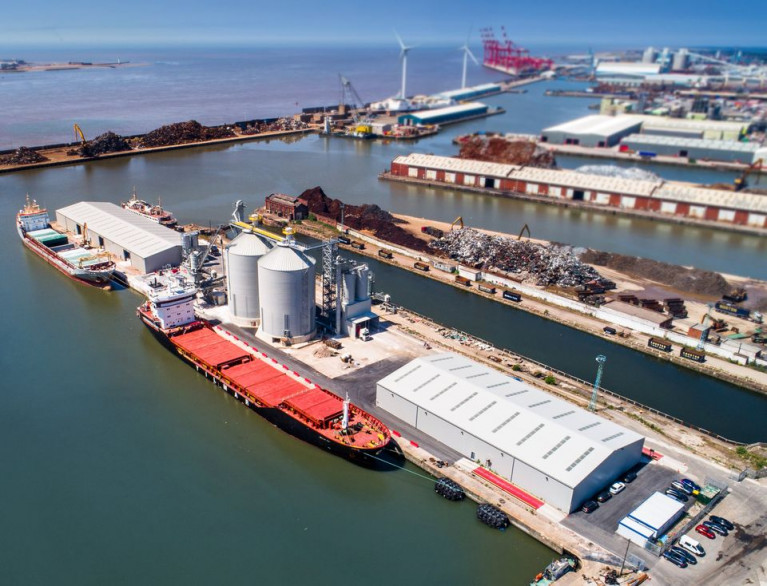Displaying items by tag: BPA
British Ports Association Sets Out UK Government Spending Priorities
The British Ports Association (BPA) outlines that decarbonisation, innovation, infrastructure, freeports and properly functioning and resourced regulators are key asks for future government spending, which the association set out in a letter to the UK Chancellor from the ports industry today.
While the UK government’s planned ‘comprehensive spending review’ may be on ice for another year, according to reports, the BPA delivered its submission to the Treasury noting that reforms putting ports at the heart of regional economies should not be delayed.
With EU Exit [Brexit] imminent, the BPA has also called for funding to future-proof the sector. As a member of umbrella group Maritime UK, the BPA's submission complements MUK's submission, which calls for a £1bn maritime decarbonisation programme.
Commenting, Mark Simmonds, Head of Policy and External Affairs at the British Ports Association and Chair of Maritime UK's Policy Working Group said: “Whilst the Chancellor may understandably delay this process due to continuing uncertainty from covid-19, we hope the Government does not take its eye off decarbonisation and climate change, which is an urgent challenge.
For further details LloydsLoadingList reports of the BPA submission to the UK government.
The British Ports Association has responded to the UK Government’s “two borders for four years” Brexit proposals which was announced by the Conservative Party this week.
Richard Ballantyne, Chief Executive of BPA said “The majority of Northern Ireland’s trade is with Great Britain and a border in the Irish Sea would be extremely challenging for the ports in Northern Ireland and those in England and Scotland who have freight routes. Ironically also in a ‘no deal’ situation there could be displacement issues for Welsh ports.
We recognise the sensitivities and issues around the land border and have always said that the best resolution and the best way to meet the Government’s commitment to frictionless trade is a deal that has no customs or regulatory checks at all, anywhere.”
Afloat.ie adds that Belfast Harbour is to host the BPA's annual Conference between 15-18 October.

























































